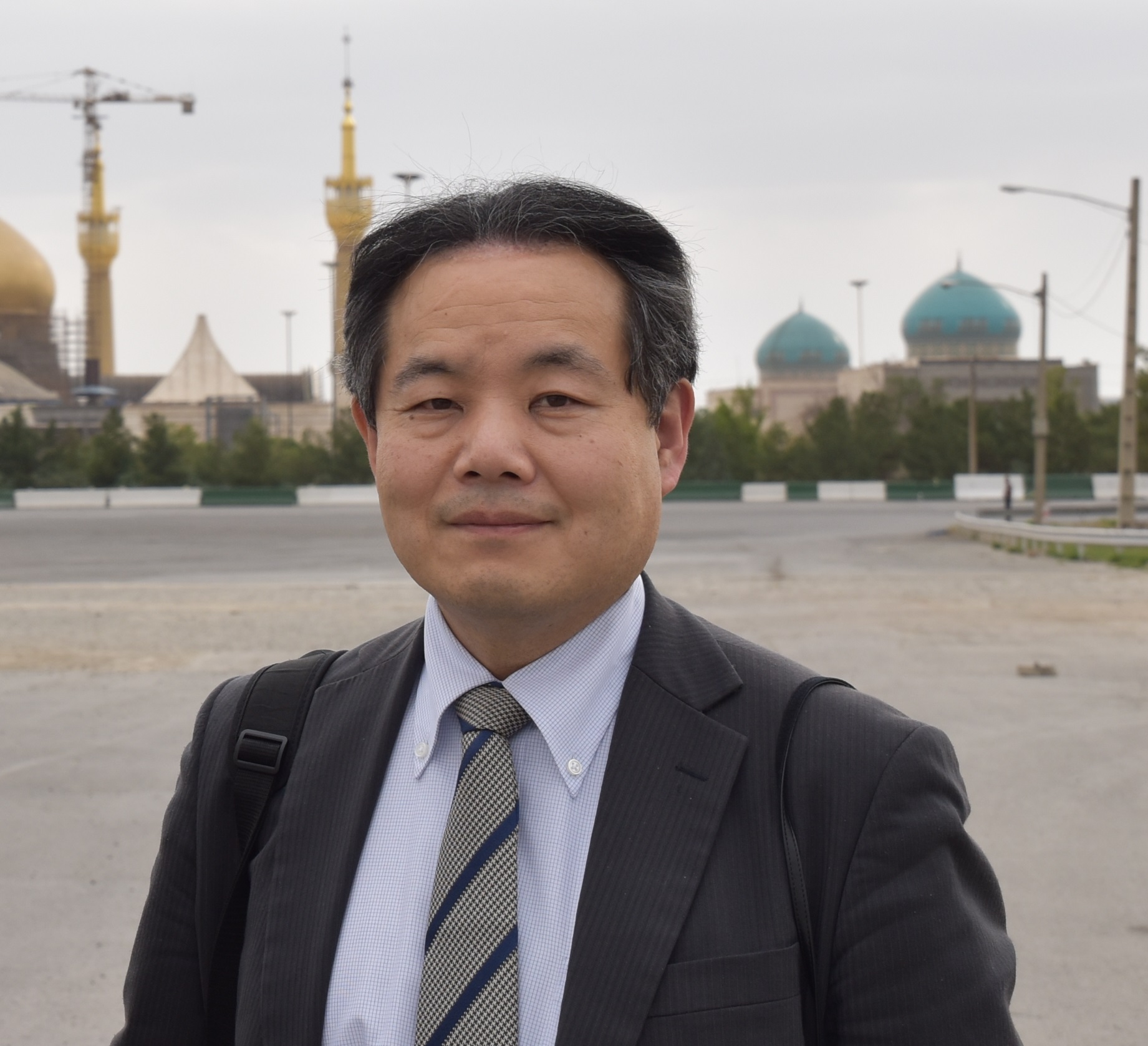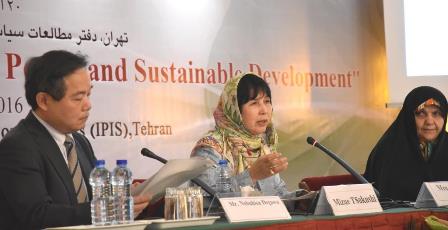With Iran's full scale return to international society, the Sasakawa Middle East Islam Fund extends assistance to help the country develop a suitable environment to exert its full potential in various fields and contribute to the peace and stability of the region and the rest of the world. In May this year, the Sasakawa Middle East Islam Fund (SMEIF) organized an international symposium titled "
Promoting Active Particilpation of Women, Peace and Sustainable Development" in Tehran in conjunction with the office of Iran's Vice President for Women and Family Affairs and the Institute for Political and International Studies. Experts from both Japan and Iran engaged in active discussions to learn from each other's experiences for future cooperation. We interviewed Japanese experts who participated in the symposium.
Part1is an interview with the NHK Senior Commentator, Mr. Nobuhisa Degawa, who participated in Session 1 "Empowerment of Women: Issues and Challenges" as a moderator. Part 2 introduces the comments of three Japanese female experts who also attended the symposium.

